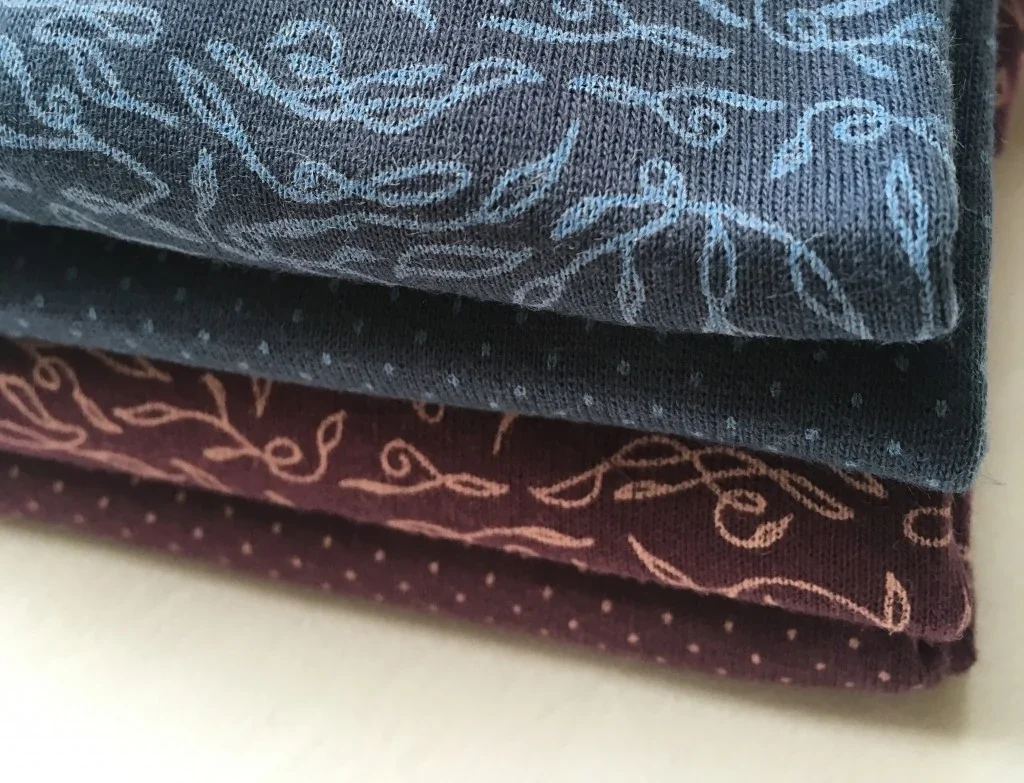Now it will be about organic clothes. A subject that I once thought was hippie-like enough. But my own condemnation disappeared in my search for knowledge. The more I read, the more I understood why. So here you get a little insight.
When it comes to clothes, it is also very much about cotton. The majority of the clothes we consume are made of cotton. That in itself is great, because cotton is a natural product that we can breathe in and that does not release microplastics into our aquatic environment. But cotton is unfortunately one of the most sprayed crops in the world. It has been sprayed 10-15 times during the growing season and is full of pesticides and artificial fertilizers. And the consumption of poison increases as insects, sponges and weeds become resistant to the poisons.
The poison has consequences for us as consumers, both when it comes to the food we eat, but also when it comes to the clothes we wear. The spray poison is carcinogenic, hormone-disrupting and can cause reproductive problems. And since our skin is an organ that absorbs a lot of what it comes into contact with, it has a meaning, what kind of clothes we put on our body. Or at least how we treat it before putting it on.
Because there are two things to do to avoid residual chemicals in the clothes: To buy organic clothes of course (preferably GOTS or IVN-BEST certified) or to wash the clothes thoroughly before use. And by thoroughly, I actually mean 2-3 times. Because it is not just the spray poison that needs to be washed out. There are also a lot of dye residues left in the clothes. And in this area, there are unfortunately no restrictions when it comes to conventional clothing. And the use of toxic dyes is unfortunately quite widespread. The dyes can also cause allergies, rashes and actually also respiratory problems. These are serious cases.
Especially very young children are quite sensitive to all these toxic substances, so if the finances allow it, then it is a super good place to prioritize organic clothes. Especially on the clothing that sits closest to the skin, i.e. underwear, socks, t-shirts, etc.
GOTS and IVN-BEST certified organic clothing is free from pesticides, it is chemical-free and it is good for the environment in the form of less emission of greenhouse gas and CO2.
If you want to know more about the big differences between conventional and organic cotton, the Danish Nature Conservation Society has written more here.

